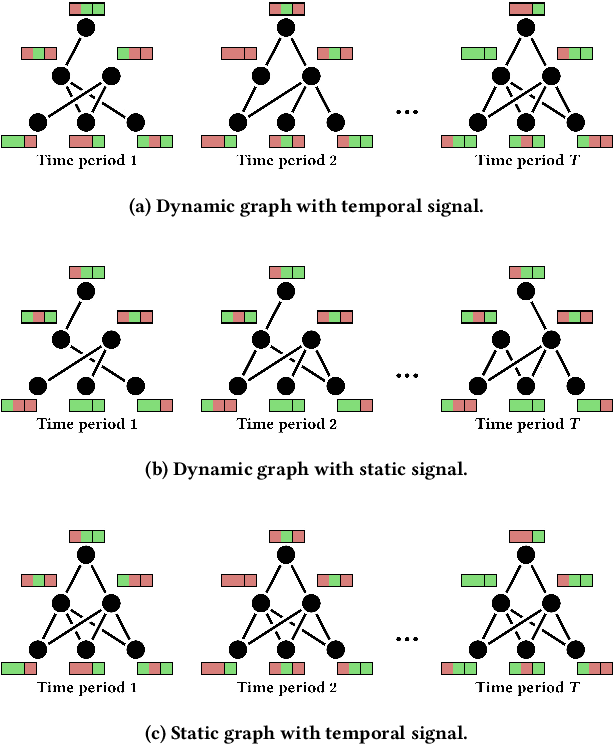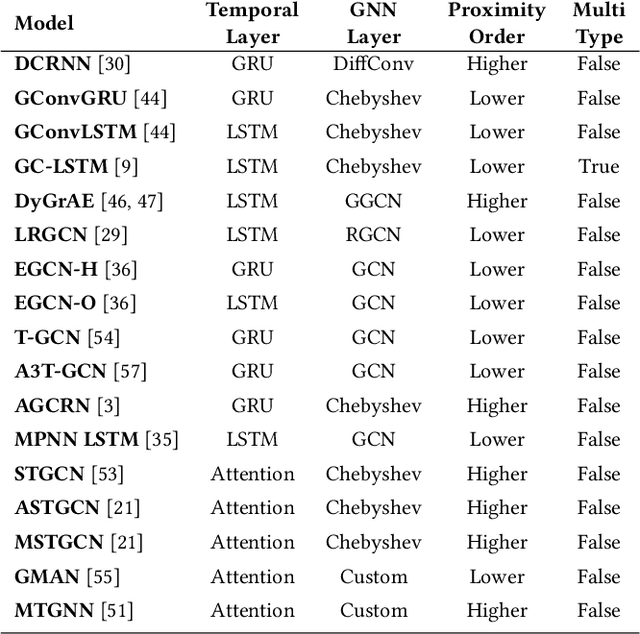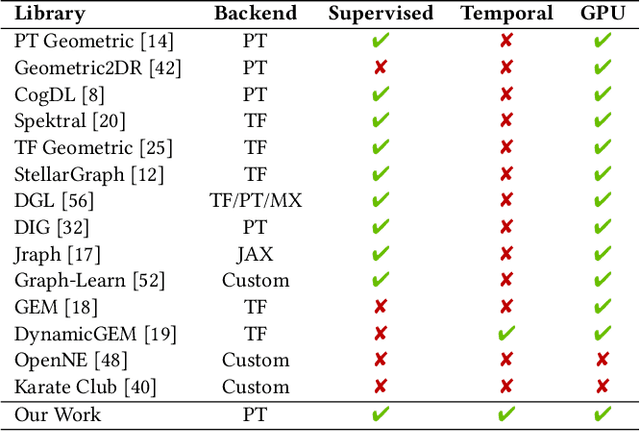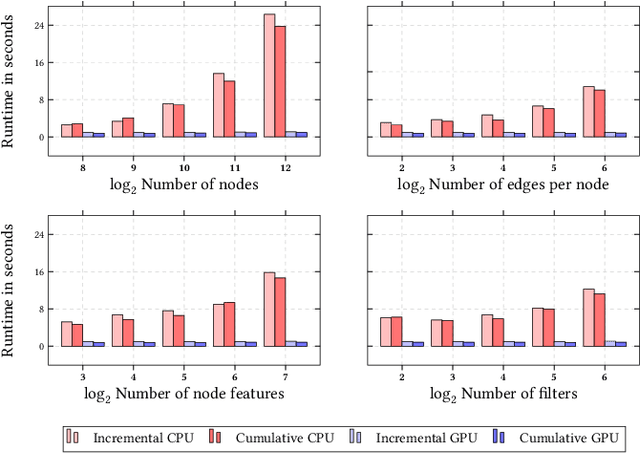Nicolas Collignon
Modelling the performance of delivery vehicles across urban micro-regions to accelerate the transition to cargo-bike logistics
Jan 30, 2023
Abstract:Light goods vehicles (LGV) used extensively in the last mile of delivery are one of the leading polluters in cities. Cargo-bike logistics has been put forward as a high impact candidate for replacing LGVs, with experts estimating over half of urban van deliveries being replaceable by cargo bikes, due to their faster speeds, shorter parking times and more efficient routes across cities. By modelling the relative delivery performance of different vehicle types across urban micro-regions, machine learning can help operators evaluate the business and environmental impact of adding cargo-bikes to their fleets. In this paper, we introduce two datasets, and present initial progress in modelling urban delivery service time (e.g. cruising for parking, unloading, walking). Using Uber's H3 index to divide the cities into hexagonal cells, and aggregating OpenStreetMap tags for each cell, we show that urban context is a critical predictor of delivery performance.
PyTorch Geometric Temporal: Spatiotemporal Signal Processing with Neural Machine Learning Models
Apr 30, 2021



Abstract:We present PyTorch Geometric Temporal a deep learning framework combining state-of-the-art machine learning algorithms for neural spatiotemporal signal processing. The main goal of the library is to make temporal geometric deep learning available for researchers and machine learning practitioners in a unified easy-to-use framework. PyTorch Geometric Temporal was created with foundations on existing libraries in the PyTorch eco-system, streamlined neural network layer definitions, temporal snapshot generators for batching, and integrated benchmark datasets. These features are illustrated with a tutorial-like case study. Experiments demonstrate the predictive performance of the models implemented in the library on real world problems such as epidemiological forecasting, ridehail demand prediction and web-traffic management. Our sensitivity analysis of runtime shows that the framework can potentially operate on web-scale datasets with rich temporal features and spatial structure.
 Add to Chrome
Add to Chrome Add to Firefox
Add to Firefox Add to Edge
Add to Edge